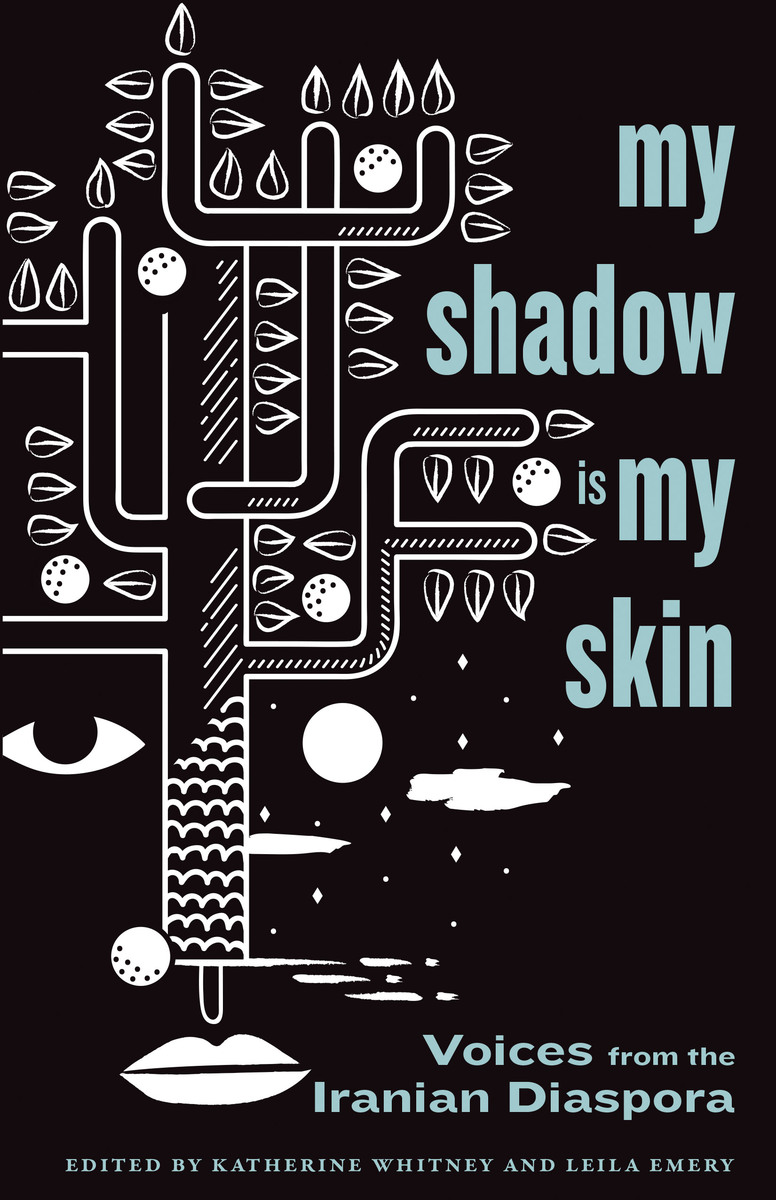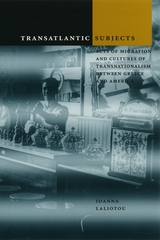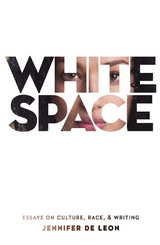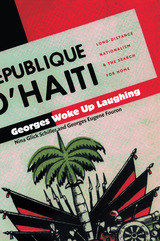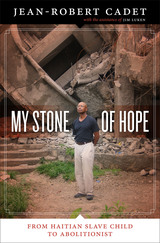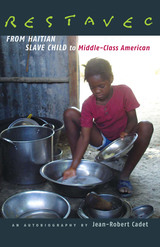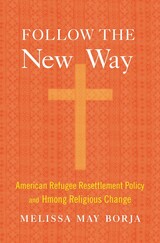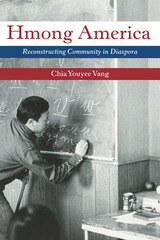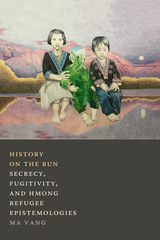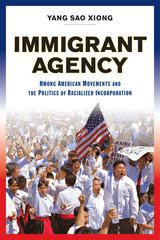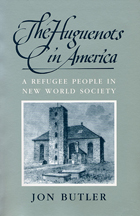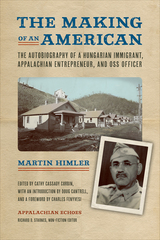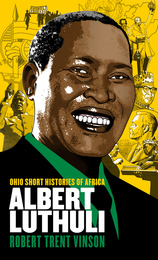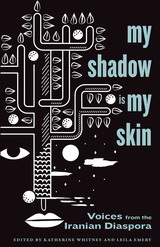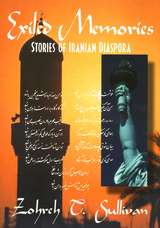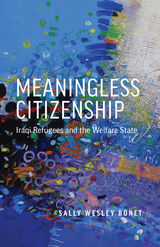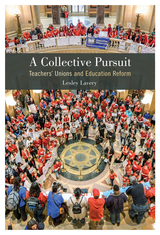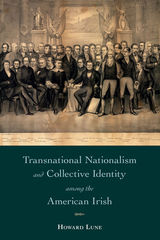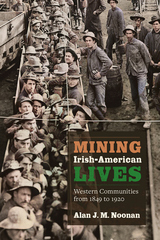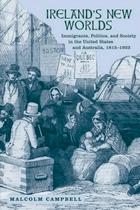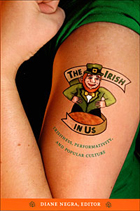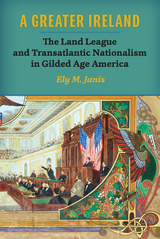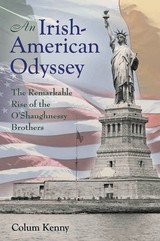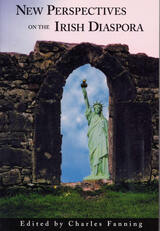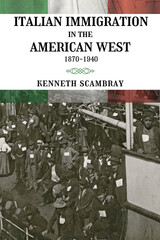The narratives in this collection go a long way toward making Iranian American immigrants visible. Offering familiar stories with a distinctive flavor, My Shadow Is My Skin deftly explores their mixed feelings of pride and love, and of dislocation and criticism, for both the lost ancestral homeland and the new world, providing an important addition to our ever-unfolding understanding of American immigrant experiences.
— Washington Post
[My Shadow Is My Skin] offers a powerful antidote to the reductive images by giving voice to a chorus of experiences by Iranian American writers. These are vivid and powerful human stories told by a diverse collection of writers who span a range of immigration experiences...At a time when we need to see Iranian Americans are indeed here, and that their stories matter, we now have a wonderful new collection that offers more nuanced and powerful images than those being continuously recycled in the headlines.
— The Rumpus
My Shadow is My Skin, beautifully and aptly named, presents a collection of incredibly personal, sometimes painful stories. With a range of experiences and topics, such as religion, sexuality, racism, and war, the essays provide a deeper look at a community often misunderstood by our peers, and misrepresented by the country we call home. The Iranian-American story is long and complex, with intermarriage, assimilation, and different waves of immigration, there are so many stories to tell. This anthology offers a variety of stories that glimpse at the rich tapestry of this experience.
— National Iranian American Council
The insight provided by most of [the essays in My Shadow is My Skin] would certainly be eye-opening to non-immigrants. Then, of course, there are those whose own experience might be reflected in these writings which doubtless would find some solace in the knowledge that they did not struggle alone. All in all, through noble endeavors such as the compiling of this collection, one can say it is a good time to be an Iranian in exile.
— Peyk Magazine
[My Shadow Is My Skin] boasts a uniquely heterogenous collection of diasporic writing.
— Iranian Studies
The essays in this moving and impressive collection capture the many facets of the Iranian diasporic experience with an honesty that feels as if the writers have been treasuring these stories for years and are now giving us the welcome gift of beautiful and surprising release. My Shadow is My Skin captures not just the immense loss and longing that can accompany immigration and cultural displacement but also the unexpected empowerment that hyphenation and living between worlds can build. Bold, expansive, and wise –this collection will break your heart and fill you with immense hope.
— Marjan Kamali, author of The Stationery Shop
Emotionally raw, honest, often funny and heartbreaking, these are stories that will linger with you long after you’ve read them. My Shadow Is My Skin is a testament to what binds us as Iranian-Americans, but also a poignant reminder that every one of our experiences are distinctly personal.
— Sara Saedi, author of Americanized: Rebel Without a Green Card
This collection includes writings by first-generation Iranian immigrants to the United States, second-generation immigrants, or diasporic Iranians, several of whom have one American parent, as well as entries by American spouses of Iranian immigrants. It thus allows for a more expansive and inclusive understanding of what it means to be Iranian American or a diasporic Iranian living in the United States. This diversity of voices is one of the strengths of the book; the time for this more generous and capacious understanding of diasporic Iranian identity is long overdue and most certainly welcome.
— Nima Naghibi, author of Women Write Iran: Nostalgia and Human Rights from the Diaspora
